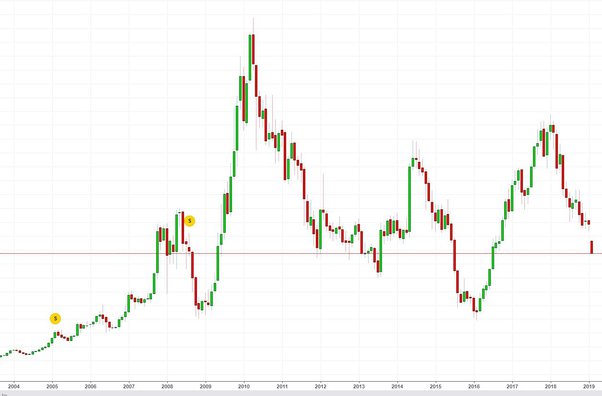If you’re eyeing Vedanta stocks, you’re not alone—this giant in natural resources is making bold moves. With interests in everything from oil and gas to zinc, copper, and power, Vedanta’s influence stretches far and wide.
Recently, Vedanta secured a massive Rs 3,918 crore loan to fast-track its power projects, aiming to boost its capacity significantly by 2027.
This might seem like a great opportunity to invest in Vedanta stocks, but before you make the move, here are five key things you should know if you’re planning to buy Vedanta stocks.
5 Things to Know Before Investing in Vedanta
Before investing in Vedanta, it’s important to understand some critical aspects of the company. Here are five key things you should know to make an informed decision.
- Vedanta’s Business Model
Vedanta Limited has a highly diversified business model, with operations spanning across various industries, including mining, oil & gas, and power. The company mines iron ore, gold, and aluminum in India and produces zinc, lead, and silver through its subsidiary, Hindustan Zinc Limited (HZL).
Cairn India, another subsidiary, contributes over 25% of the country’s crude oil output. Sesa Sterlite, its power division, is among India’s top power producers.
It has a presence in India, South Africa, Liberia, and Namibia. Its growth is driven by increased volumes of copper, zinc, and aluminum, as well as strategic financial moves. Understanding this diversification is crucial before investing in Vedanta stock.
- Financial Performance of Vedanta
Before buying Vedanta stocks, it’s essential to consider its financial performance. Over the past 5 years, Vedanta has shown strong revenue and profit growth.
In the first quarter of FY2025, the company posted a 37% increase in net profit, reaching ₹3,606 crores, with revenue rising by 6% to ₹35,239 crores.
However, Vedanta also carries significant debt, with net debt at ₹56,338 crores as of March 2024. The company is working on reducing its debt by ₹24,900 crores over the next three years.
Additionally, Vedanta has a solid dividend track record, paying ₹18,572 crores in FY24, with a dividend yield of 6.5%.
Understanding these financial factors is crucial when considering investing in Vedanta stocks.
- Market Share of Vedanta
When considering buying Vedanta stocks, it’s important to look at the company’s strong market position. Vedanta holds a significant market share in several key sectors.
| Vedanta Products | Domestic Market Share |
| Aluminium | 41% |
| Zinc | 77% |
| Lead | 85% |
| Copper | 96% |
| High carbon ferro chrome | 85% |
| Iron ore | 69% |
With a market capitalization of ₹1,61,734 crores, Vedanta’s leadership in these sectors gives it a competitive edge, making it a potentially strong investment.
- Regulatory and Environmental
Before buying Vedanta stocks, consider the impact of regulatory and environmental factors. Vedanta is guided by global standards from organizations like the ICMM and UNGC, which shape its environmental policies.
However, it faces regulatory scrutiny in India; for instance, the markets regulator SEBI has advised the company to improve its internal controls.
Despite these challenges, Vedanta’s commitment to environmental initiatives and regulatory compliance is a positive sign for investors.
- Vedanta Stock Price Target
If you’re planning to buy Vedanta stocks, it’s important to consider its future price targets. Vedanta share price has already surged to ₹432 in 2024.
Analysts predict further growth with a target of ₹608 by 2025. This potential growth makes Vedanta an attractive long-term investment.
For accurate trading of Vedanta stocks, use a brokerage calculator to plan your investments effectively.
Conclusion
In summary, Vedanta offers promising growth potential, supported by its strong market position and financial performance. However, investing in Vedanta stocks requires careful research and understanding of its business model, market dynamics, and regulatory factors.
Before buying, consider consulting with a financial advisor to ensure the investment aligns with your personal financial goals and risk tolerance.




